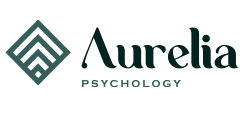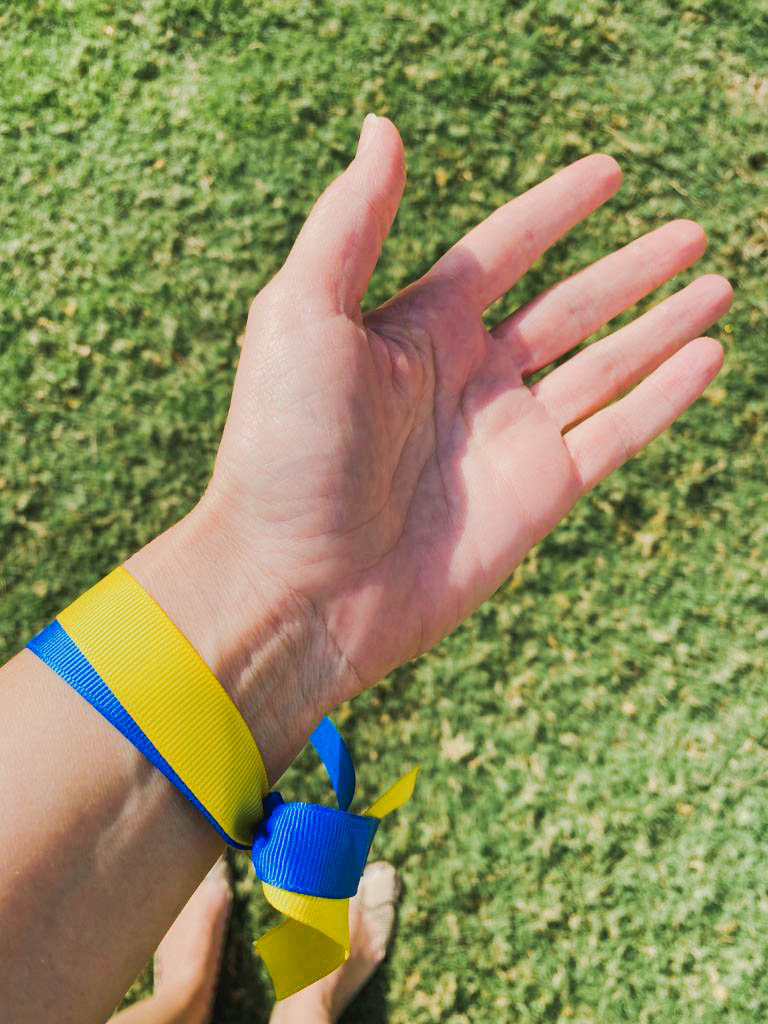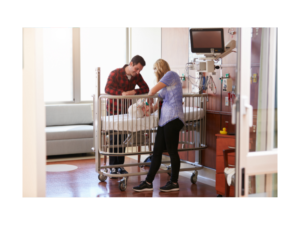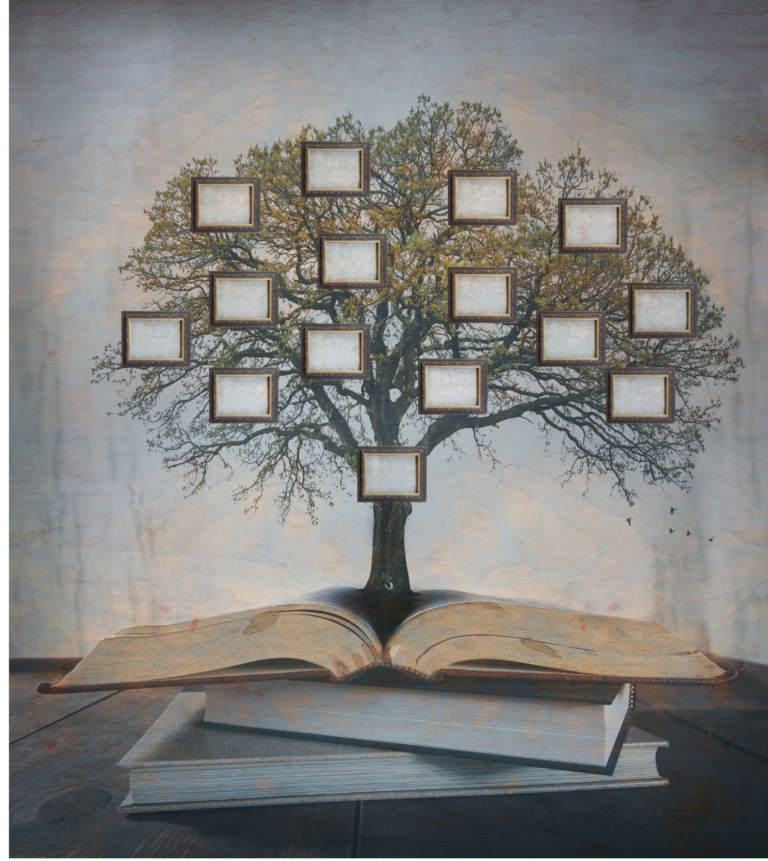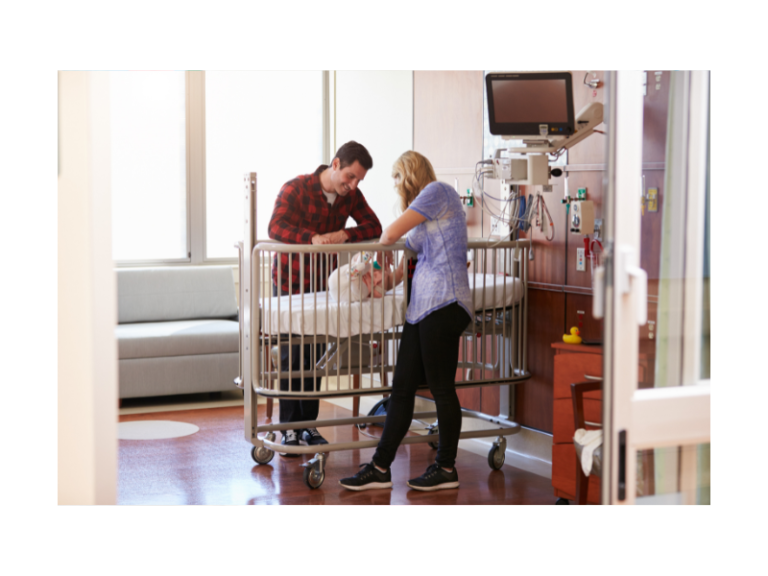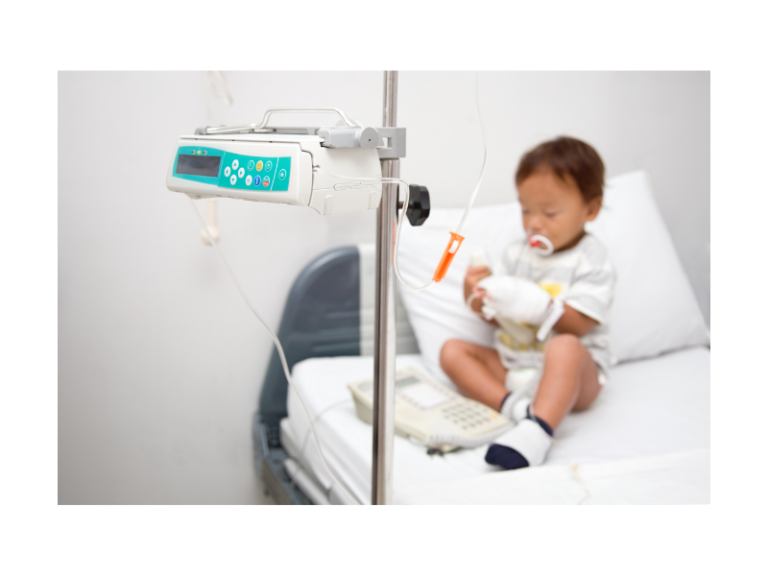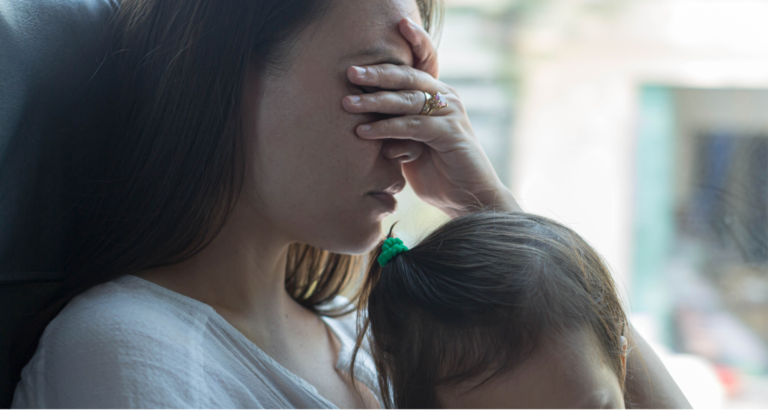A relationship without trust is not healthy. Building trust is not just a matter of not betraying your partner’s trust by crossing the boundaries of the union. Trust is built in committed relationships by each partner being emotionally present for and supportive of their partner. Trust is built when we feel that our partner understands us and is affectionately there for us in our hour of need.
Attachment theory
John Bowlby’s attachment theory explains how infants create an emotional bond with their caregiver. The baby’s attachment style with their caregiver has been found to have a significant impact on the individual’s development throughout life. It impacts school performance, self-esteem, emotional health, ability to regulate emotions, quality of social connections as well as success in later life.
According to Bowlby an infant forms a secure attachment bond with their caregiver when their needs are met consistently and with warmth. The infant learns that they are kept safe by their caregiver and can turn to them when they need help and support
An anxiously attached infant does not feel safe in their relationship with their caregiver. They have learnt that they cannot trust their caregiver to be there for them.
When the caregiver neglects the baby by being emotionally unavailable, the baby develops an avoidant attachment style. They learn that if they seek support from their caregiver they are likely to be rejected. These children may also have experienced abuse.
Babies with a disorganized attachment style have experienced inconsistent caregiver responses to their needs. The baby’s needs are sometimes met but at times ignored. These children love their caregiver but also fear them.
Attachment needs don’t end in childhood. We continue to need support and closeness throughout our life span. Our early attachment style can have a significant impact on our attachments in adulthood.
In adulthood our attachment style and needs are most prominent in our romantic relationships.
Enduring vulnerabilities in romantic relationships
Some of us may bring more baggage into a relationship, some less. We all have our areas of vulnerability that will impact the dynamic with our partner.
Often we don’t even realize how our vulnerabilities play a part in our relationship. We may have strong feelings or reactions to a particular situation without realizing that something from our past is impacting how we interpret and react to the present day situation.
There may be times when we struggle to understand our partner’s behavior. They may be overly dramatic, withdraw, or behave in surprising ways. Unless we know what their triggers are and understand their attachment style, we are left confused. Depending on our own attachment style, we may possibly also feel emotionally unsafe.
We all have times when we need to feel connected to a loving person and feel supported by them. Our greatest fear at that moment is that we call for our partner and they don’t answer. This is the same cry of fear, being overwhelmed or loneliness that a baby cries out when they want their parents to be there. Being left alone in the dark is terrifying for the baby. It is equally terrifying for us as adults.
We may not need our partner when we wake up in the darkness of the night but we do need them when we are in pain, scared or hurt. Our cry is a cry for survival. We feel we can’t get through life’s challenges alone. We need someone to be there to calm us down and reassure us that all will be well.
Creating secure attachment in adulthood
The good news is that even if you recognize that your parents struggled to meet your emotional needs as a child, you can move towards a secure attachment style in your romantic relationship.
Healthy relationships heal.
If we are partnered with a securely attached individual, they are able to create a safe space for us to feel supported and cared for. When our partner is there for us when we need them, we feel cared for and supported. Our fears and worries subside and we feel able to go on again.
Creating a secure attachment in the relationship takes more intentionality when neither partner is securely attached. When you work jointly towards creating moments where both of you feel heard and understood, you are slowly working on creating security and safety. When you turn towards each other with affection rather than anger or rejection, you are bringing health into your relationship.
Carl Rogers describes turning in the following way: ‘When the other person is hurting, confused, troubled, anxious, alienated, terrified; or when he or she is doubtful of self-worth, uncertain as to identity, then understanding is called for. The gentle and sensitive companionship of an empathic stance… provides illumination and healing. In such situations deep understanding is, I believe, the most precious gift one can give to another.’
When trust is difficult to build
Trust is built when we’re there for our partner in their hour of need and when they’re there for us. When we fail to turn up for our partner when they are sinking or when they are not there for us, trust is broken. The memory of the time our partner was not there for us when we needed them, may stay with us for years. Our partner may remind us of the time when they felt deeply let down by us.
Turning up emotionally strengthens the relationships, makes us feel safe. Healing from past hurts requires the same.
If you recognize that either you, your partner or both of you are struggling to form a secure attachment bond and create emotional safety, consider seeking help from a trauma specialist. We can’t change our past but we can create a new relationship with our past.
Matleena Vanhanen is a licensed Counselling Psychologist with over 20 years of experience working in Europe and the Middle East. She has a practice of couples and individual therapy at the MapleTree Center in Dubai.
